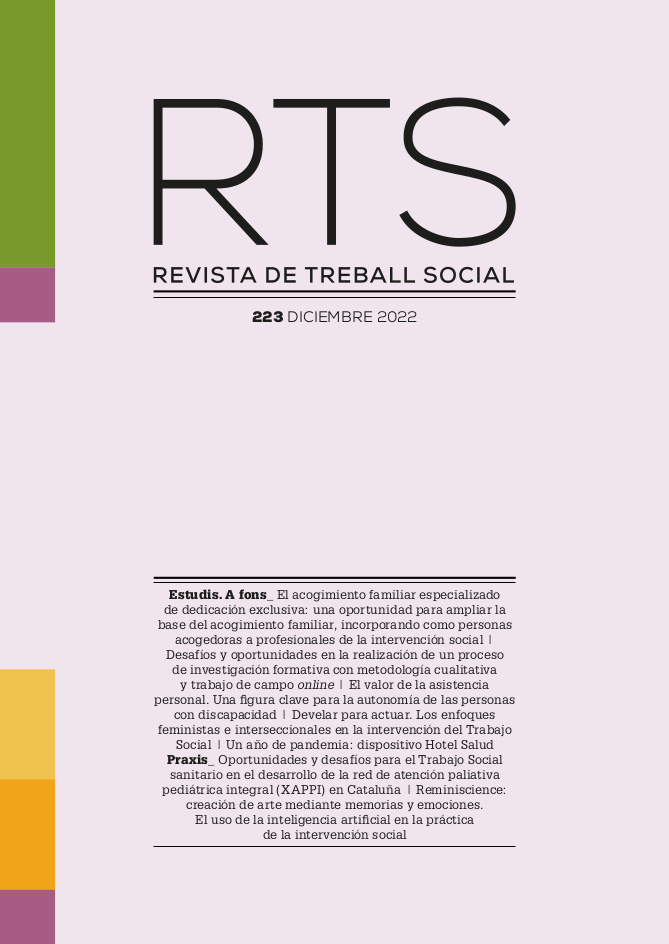As a child protection measure, family fostering takes precedence over residential fostering because it allows the child to develop within a family. However, despite continued efforts in this area this priority has not yet been delivered.
Indeed, Spain has not engaged in developing a model for professionalised family fostering, although the scope for it has been mentioned since 1996 in our Civil Code (Royal Decree, 24 July 1889).
The enactment of Organic Act 8/2021, of 4 June, on comprehensive protection for children and young people from violence has led to the removal from Spanish national legislation of any reference to specialist family fostering of a professional nature. Instead, it has triggered the introduction of a new figure: full-time specialist family fostering.
This form of family foster care constitutes an opportunity to offer a new perspective on social work intervention, incorporating other profiles of foster caregivers who benefit from suitable experience and training, and who opt to make family foster care their primary activity through a self-employed scheme or on the basis of an agreement with Social Security, thereby allowing full-time dedication to be given to the care of a foster child.
Consequently, this text strives to act as a framework document to encourage the implementation of this form of family foster care in the various autonomous communities, focussing in particular on the experience of self-employed foster care delivered in the province of Gipuzkoa.





